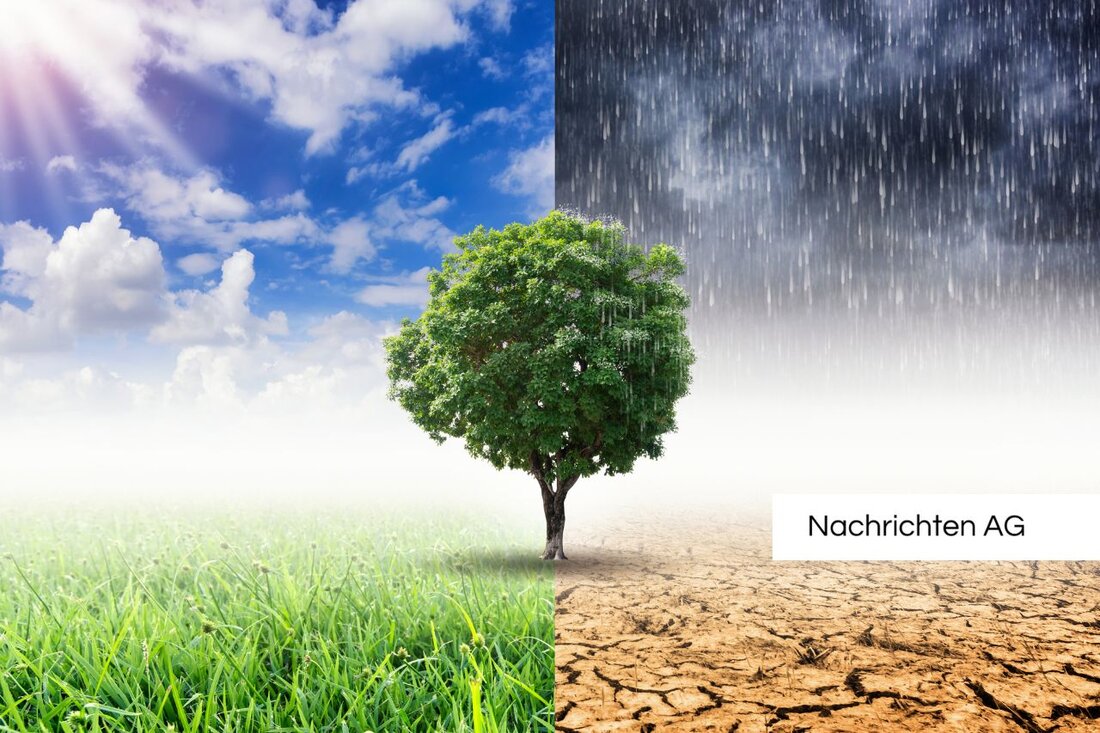Sustainability in focus: Young people demand more involvement in schools!
Dr. In her study, Ann-Kathrin Bremer investigates the self-efficacy of young people in the context of sustainability.

Sustainability in focus: Young people demand more involvement in schools!
Young people in the Ingolstadt region are actively addressing the issue of sustainability. Dr. In her research, Ann-Kathrin Bremer examines how various factors influence young people's self-efficacy expectations. Their current surveys show that personal commitment is crucial: respondents who identify with “Fridays for Future” (FFF) often report high self-efficacy expectations. This is particularly true for those who are more intensively involved with the movement or plan to become actively involved. In contrast, people who are unfamiliar with FFF show significantly lower self-efficacy.
Bremer also notes that this involvement in the sustainability movement has an impact on the life satisfaction of participants. Young people in particular who place high demands on their own environment and behavior report lower levels of life satisfaction. This phenomenon may be related to the strict standards they apply to themselves and the world around them.
Recommendations for education
In order to promote young people's self-efficacy, Bremer calls for greater integration of education for sustainable development (ESD) in schools and universities. She recommends incorporating the service learning method, in which teaching content is linked to practical implementation. This is intended to enable students to actively apply what they have learned and thus strengthen their self-efficacy. Her dissertation, which will be published in 2025 under the title "Sustainability awareness, sustainable consumer behavior and quality of life. The perspective of young people between the ages of 14 and 25", will provide further insights into the topic.
Parallel to Bremer's research, there are also social trends that influence the behavior and lifestyles of young people. According to Rainer Grießhammer, a renowned environmental researcher, the “Fridays for Future” movement will bring about profound political and cultural changes. He emphasizes that this movement stands out from previous environmental movements due to its speed and use of social media. Young people are increasingly recognizing the threats posed by the climate crisis and are demanding changes in politics and everyday life.
Changes in lifestyles
However, Grießhammer warns that the change in climate policy that the movement is striving for has not yet been fully achieved. Fundamental measures such as a CO2 tax and faster expansion of renewable energies are needed to bring about real change. He points out the need for students to focus their demands not only on personal behavior, but also on the political framework.
In order to raise awareness of sustainability, education for sustainable development is also of great importance. The handbook for teachers on integrating ESD in teaching offers numerous practical implementation suggestions. The topics listed, such as nutrition, waste separation and climate, raise awareness among young children and contribute to a more sustainable lifestyle.
Overall, it can be said that the committed youth in Ingolstadt and beyond have not only recognized acute challenges in the climate crisis, but are also actively working to formulate a more sustainable future. It remains to be hoped that both the commitment of young people and the associated scientific and political efforts will lead to actual change.
Those interested have the opportunity to take part in an anonymous study by Darian Eichner until the end of April, which examines sustainability awareness among KU students.

 Suche
Suche
 Mein Konto
Mein Konto